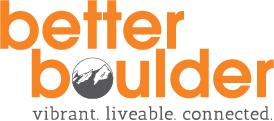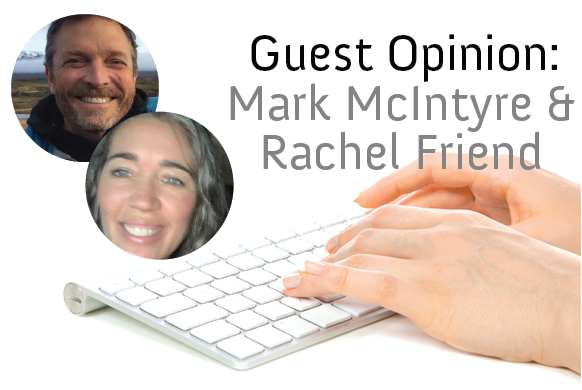Boulder’s commons not just for those at front of the line
POSTED ON THE DAILY CAMERA: 02/02/2019
Thanks to Steve Pomerance for reminding us of the “the tragedy of the commons” lesson. For simplicity’s sake, we’ll stick with Pomerance’s “cow” analogy, where the only issue is total number of cows grazing on a communal plot. By defining common good with a reflexive preference to the cows who arrived first, Pomerance would have us prioritize the first cows over the greater good of all (while overlooking the indigenous, true first cows; we should not forget most of us sleep on stolen land). With the cloak of environmentalism and “neighborhood character,” Pomerance gives us a clear message: Boulder is only open to favored cows.
Instead of trying to keep newcomers off “our” grass, Flatirons and roads, Boulder needs inclusive solutions that work for long-time residents and newcomers alike. The reality is, Boulder is attractive, vibrant and innovative. People will continue to choose Boulder as home. So instead of burying our heads in the sand, we propose working on bold solutions. Three of Boulder’s biggest issues are housing, transportation and open space. Each complex issue demands a progressive, inclusive, 21st century commons approach.
Housing: We want affordable and middle income housing. Some in Boulder play a game of whack-a-mole with affordable housing — wherever it crops up, it’s whacked. Myriad reasons are proffered, and the result is always the same: People claim to favor affordable housing, but just not this location, or this project, or this time. For those of us who really want to move forward — we seek to get to yes on reasonable housing projects.
The Alpine-Balsam redevelopment is a prime example; if we can’t have compact, low-carbon, workforce housing there, we can’t have it anywhere. Ditto CU South, where the University of Colorado would build low-profile employee and upper-class student housing, with the added benefit of CU donating over 25 percent of their land for desperately needed flood mitigation. If our community can’t get behind these sort of projects, we ask “what solutions can we support?” We favor sensible steps like increasing the number of small units, built along transportation corridors; a proven solution to housing crises. Such projects share so many more resources: cars, bikes, rooftop gardens, solar systems and event space. They reduce our impacts to the community, greenhouse gas emissions and resource consumption.
Transportation: One of the elements of a great common is equitable transportation, giving affordable and accessible mobility to diverse populations. For too long the single-driver car has consumed a vast majority of resources. For the commons to thrive, this must change. We are not suggesting that we take your car. Rather we ask that motorists support those who use something other than cars. Every car we take off the road is one less car to congest our streets. Let’s help the commons by helping those that walk, ride, bus or carpool get through the day safely and conveniently.
Open space: More than anything else, open space is what gives us our identity as Boulderites. It is the most literal example of the commons. This connection to nature via open space, especially for children, is critical to growing the sense that we belong to a community, a commons. Rather than work to exclude and restrict access, we must increase maintenance and care for these assets, and build on the ethic of sharing and stewardship. More people are here, and more will continue to use open space. These are simply the facts, and our solutions need to be fact-based.
We agree with Pomerance that more planning is needed to care for our commons. But our planning needs to be based on a vision of care for each other, the environment, sharing, neighborliness and bringing forth our better angels. We cannot govern from a space of fear and exclusion, nor from a place of prioritizing those who were lucky enough to be in the front of the line. Moreover, our 2019 commons must account for systemic issues facing the larger world, climate change, racial inequality and the vast and growing income disparity that plagues us. Boulder is now part of a world pasture.
Putting up walls to keep people out is not something we support on the national or local level. Can we accommodate an unlimited number of residents in Boulder? No, of course not. Can we accommodate more of the people who already work here, relieve them of their daily commutes, and invite them to be stewards of our commons too? We say yes.
Long live Boulder’s beautiful, zany, inclusive, progressive commons!
Boulder resident Mark McIntyre is a small business owner and member of the city of Boulder Transportation Advisory Board; Boulder resident Rachel Friend is a social justice attorney, community activist and educator.

